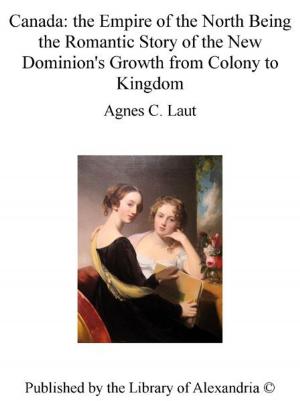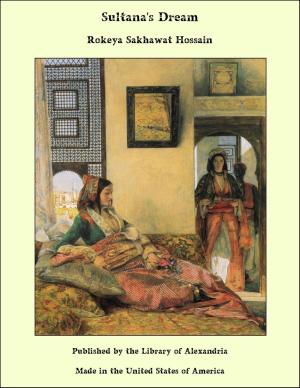Social Life in Old Virginia Before the War
Nonfiction, Religion & Spirituality, New Age, History, Fiction & Literature| Author: | Thomas Nelson Page | ISBN: | 9781465618443 |
| Publisher: | Library of Alexandria | Publication: | March 8, 2015 |
| Imprint: | Language: | English |
| Author: | Thomas Nelson Page |
| ISBN: | 9781465618443 |
| Publisher: | Library of Alexandria |
| Publication: | March 8, 2015 |
| Imprint: | |
| Language: | English |
No one can be more fully aware of the shortcomings of this brief sketch of Social Life in the South before the War than is the writer. Its slightness might readily have excused it from republication. And yet it has seemed well to let it go forth on its own account, to take such place as it may in the great world of books. One reason is the partiality of a few friends who have desired to see it in this form. Another is the absolute ignorance of the outside world of the real life of the South in old times, and the desire to correct the picture for the benefit of the younger generation of Southerners themselves. One of the factors in that life was slavery. The most renowned picture of Southern life is one of it as it related exclusively to that institution. As an argument in the case then at bar, it was one of the most powerful ever penned. Mrs. Stowe did more to free the slave than all the politicians. And yet her picture is not one which any Southerner would willingly have stand as a final portrait of Southern life. No one could understand that life who did not see it in its entirety. The old life at the South passed away in the flame of war and in the yet more fiery ordeal of Reconstruction. So complete was this devastation that now unless one knows where to go he may search in vain for its reality. Its remnants lie scattered in far-off neighborhoods; its fragments almost overgrown with the tangles of a new life. The picture of it which at present is mainly presented is wholly unreal. The Drama is one of the accepted modes of judging of passing life. It is assumed to be a reasonably true reflection of the life it pretends to portray. If this standard shall be accepted, what a life that must have been which existed in the South! The bloodhounds, brute and human, that chased delicate women for sport, have mainly been given up. But their place has been taken by a different species of barbarian if possible even more unreal than those they supplanted. Quite a large crop of so-called Southern plays, or at least plays in which Southerners have figured, has of late been introduced on the stage, and the supposititious Southerner is as absurd a creation as the wit of ignorance ever devised. The Southern girl is usually an underbred little provincial, whose chief characteristic is to say “reckon” and “real,” with strong emphasis, in every other sentence. And the Southern gentleman is a sloven whose linen has never known starch; who clips the endings of his words; says “Sah” at the end of every sentence, and never uses an “r” except in the last syllable of “nigger.” With a slouched hat, a slovenly dress, a plentiful supply of “sahs,” and a slurred speech exclusively applied to “niggers,” he is equipped for the stage. And yet it is not unkindly meant: only patronizingly, which is worse. That Thackeray, Matthew Arnold, Lawrence, and other visitors whose English passes current, declared after a visit to America that they found the purest English speech spoken in Virginia, goes for nothing.
No one can be more fully aware of the shortcomings of this brief sketch of Social Life in the South before the War than is the writer. Its slightness might readily have excused it from republication. And yet it has seemed well to let it go forth on its own account, to take such place as it may in the great world of books. One reason is the partiality of a few friends who have desired to see it in this form. Another is the absolute ignorance of the outside world of the real life of the South in old times, and the desire to correct the picture for the benefit of the younger generation of Southerners themselves. One of the factors in that life was slavery. The most renowned picture of Southern life is one of it as it related exclusively to that institution. As an argument in the case then at bar, it was one of the most powerful ever penned. Mrs. Stowe did more to free the slave than all the politicians. And yet her picture is not one which any Southerner would willingly have stand as a final portrait of Southern life. No one could understand that life who did not see it in its entirety. The old life at the South passed away in the flame of war and in the yet more fiery ordeal of Reconstruction. So complete was this devastation that now unless one knows where to go he may search in vain for its reality. Its remnants lie scattered in far-off neighborhoods; its fragments almost overgrown with the tangles of a new life. The picture of it which at present is mainly presented is wholly unreal. The Drama is one of the accepted modes of judging of passing life. It is assumed to be a reasonably true reflection of the life it pretends to portray. If this standard shall be accepted, what a life that must have been which existed in the South! The bloodhounds, brute and human, that chased delicate women for sport, have mainly been given up. But their place has been taken by a different species of barbarian if possible even more unreal than those they supplanted. Quite a large crop of so-called Southern plays, or at least plays in which Southerners have figured, has of late been introduced on the stage, and the supposititious Southerner is as absurd a creation as the wit of ignorance ever devised. The Southern girl is usually an underbred little provincial, whose chief characteristic is to say “reckon” and “real,” with strong emphasis, in every other sentence. And the Southern gentleman is a sloven whose linen has never known starch; who clips the endings of his words; says “Sah” at the end of every sentence, and never uses an “r” except in the last syllable of “nigger.” With a slouched hat, a slovenly dress, a plentiful supply of “sahs,” and a slurred speech exclusively applied to “niggers,” he is equipped for the stage. And yet it is not unkindly meant: only patronizingly, which is worse. That Thackeray, Matthew Arnold, Lawrence, and other visitors whose English passes current, declared after a visit to America that they found the purest English speech spoken in Virginia, goes for nothing.

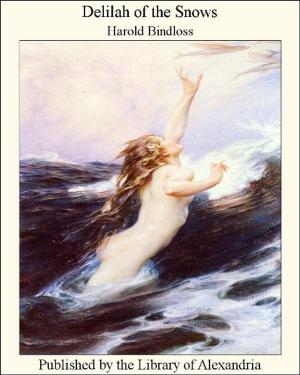
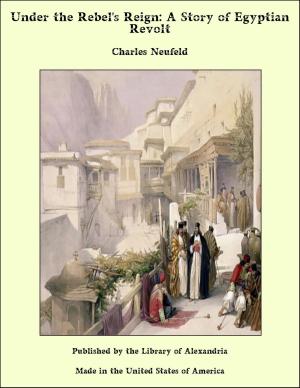
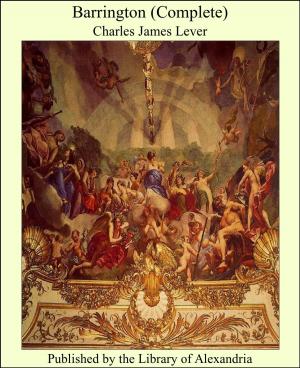

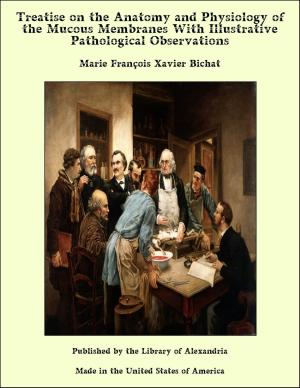
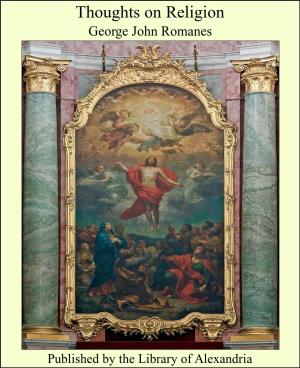
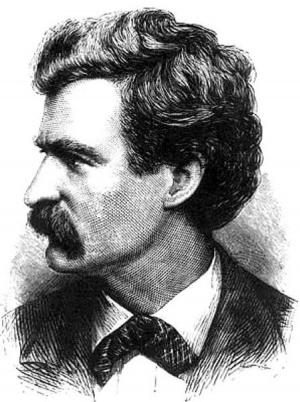

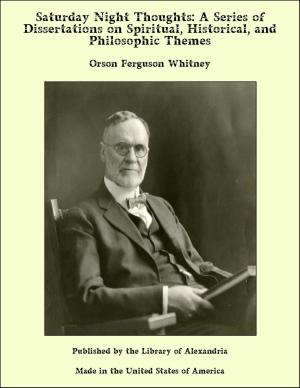
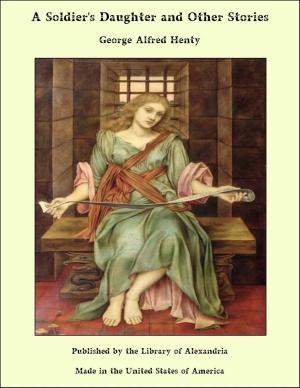
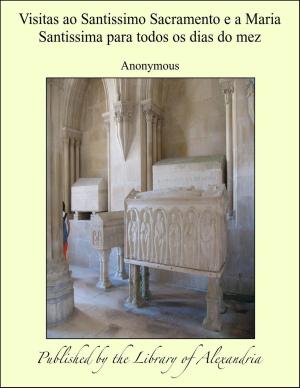
![Cover of the book The Cabin [La Barraca] by Thomas Nelson Page](https://www.kuoky.com/images/2015/march/300x300/9781465514592-Ey2r_300x.jpg)

